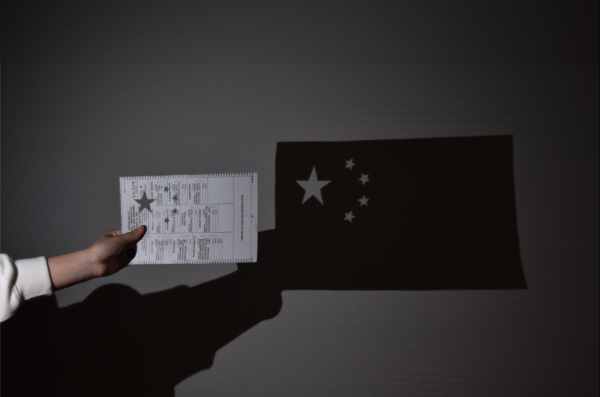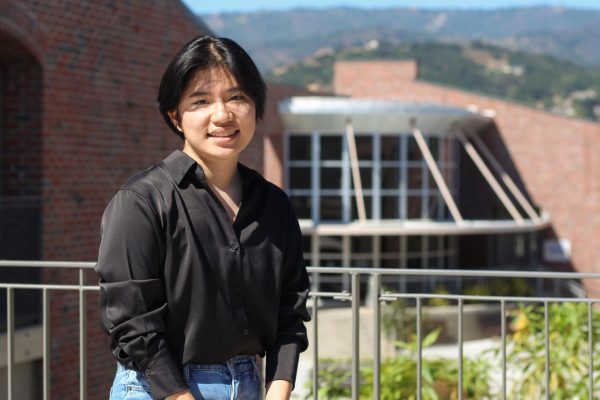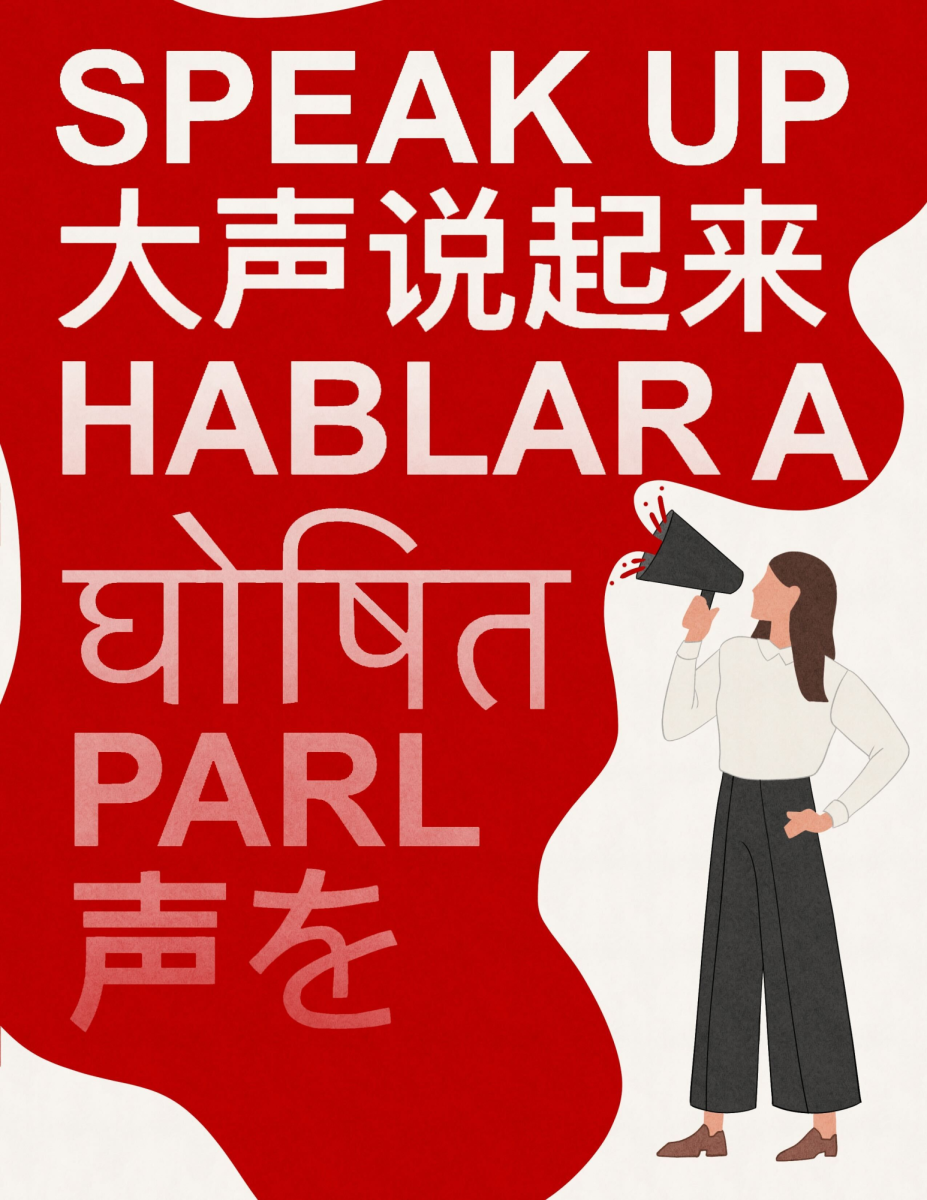With all the social justice movements in recent years and the upcoming 2024 presidential election, politics is on the forefront of many people’s minds. As tensions between parties continue to rise and the political climate becomes more polarized, so does the advocacy and opinions,leading to pressure for people to share their political opinions. What this expectation fails to acknowledge is the cultural nuances, especially within immigrant families that largely make up MVHS.
Students are often affected by their parents’ political beliefs based on the idea of political socialization, or the process by which an individual’s ideologies are influenced by their family, peers, the media and school environment. Statistically, many students at MVHS may hold some sort of “conservative” ideal influenced by their parents. For example, entrepreneurship is valued in many immigrant communities, and Republican policies that support small businesses, such as lowering tax rates, may encourage immigrant parents to adopt a more right-leaning political stance.

Bay Area immigrant communities are unique in that most families maintain an above-average socioeconomic status despite potentially coming from less fortunate backgrounds. As a result, there are certain trends and beliefs that are specific to the MVHS community.
For example, even though immigrants tend to support homeless people, a relatively prevalent ideology among MVHS communities is a bias against homeless or displaced people. Seeing as many of our parents came from less privileged backgrounds, they find it difficult to understand why those who are displaced cannot achieve the same results they were able to. This idea of “hard work equals results” is a mentality that echoes a more conservative view.
However, the MVHS student community — and the younger generation as a whole — tends to lean left, which creates a unique difference in political opinion between students and their parents. Not only does this factor into reasons which may make students hesitant to publicly share their political opinions, but it also influences how and why a parent may choose to share their opinions with others as well.
In Chinese culture, there is a concept of “saving face,” which essentially means maintaining a perfect image and often results in avoiding anything vaguely controversial. In combination with the fact that China’s communist government discourages its citizens from having any political opinion that opposes the government, it may make Chinese immigrant parents at MVHS significantly less willing to talk about politics, especially if it goes against the norm.
As a result, it’s hard to simply say everyone should freely share their political opinions. In an overwhelmingly left-leaning area where many people have financially stable lives, it is easy to say we have the privilege to do so. But pressuring people — both other students and our parents — to do so doesn’t take into account the cultural nuances that arise.
First, many people may not fully identify with just one political party — students who “inherit” conservative political ideals from their parents may not fully align with the Republican Party and vice versa. Additionally, with conservative people living in a liberal culture, many may choose not to reveal their political alignment because the majority of people in the Bay Area have similar, left-leaning opinions.
Another key facet is the relationship between parents and children. Setting aside the matter of conflicting political opinion, a cornerstone in many Asian cultures is filial piety, or the idea of respect toward elders. If the parent has requested that students not share their public opinion, cultural norms like these may dictate that the student follows this request despite their own beliefs. Regardless of whether or not one should share their political opinion, not considering peoples’ cultural values before asking for their beliefs is culturally insensitive.
And if you’re frustrated with your parents for their political opinion or their lack of it, try being a bit more understanding. That’s not to say that you have to condone or agree with what they believe, but it’s always important to understand that they didn’t grow up under the same conditions we did. It’s also worth noting that differences in political opinion may occur simply because of the lifecycle effect — the idea that a person’s political opinion changes as they transition through different stages of life. As high schoolers, social issues regarding LGBTQ+ legislation or racism may matter more to us and influence our opinions accordingly, while our parents may be more concerned with monetary issues.
Ultimately, as a mainly immigrant community, it’s important to consider the role culture plays in politics. Especially in the current polarized political culture, when people share differing opinions or even don’t share any at all, remember to acknowledge and understand cultural nuances. A lot of these things can be attributed to family and culture. This obviously doesn’t excuse any sort of action but is something that should be taken into review to better understand the people around us.











